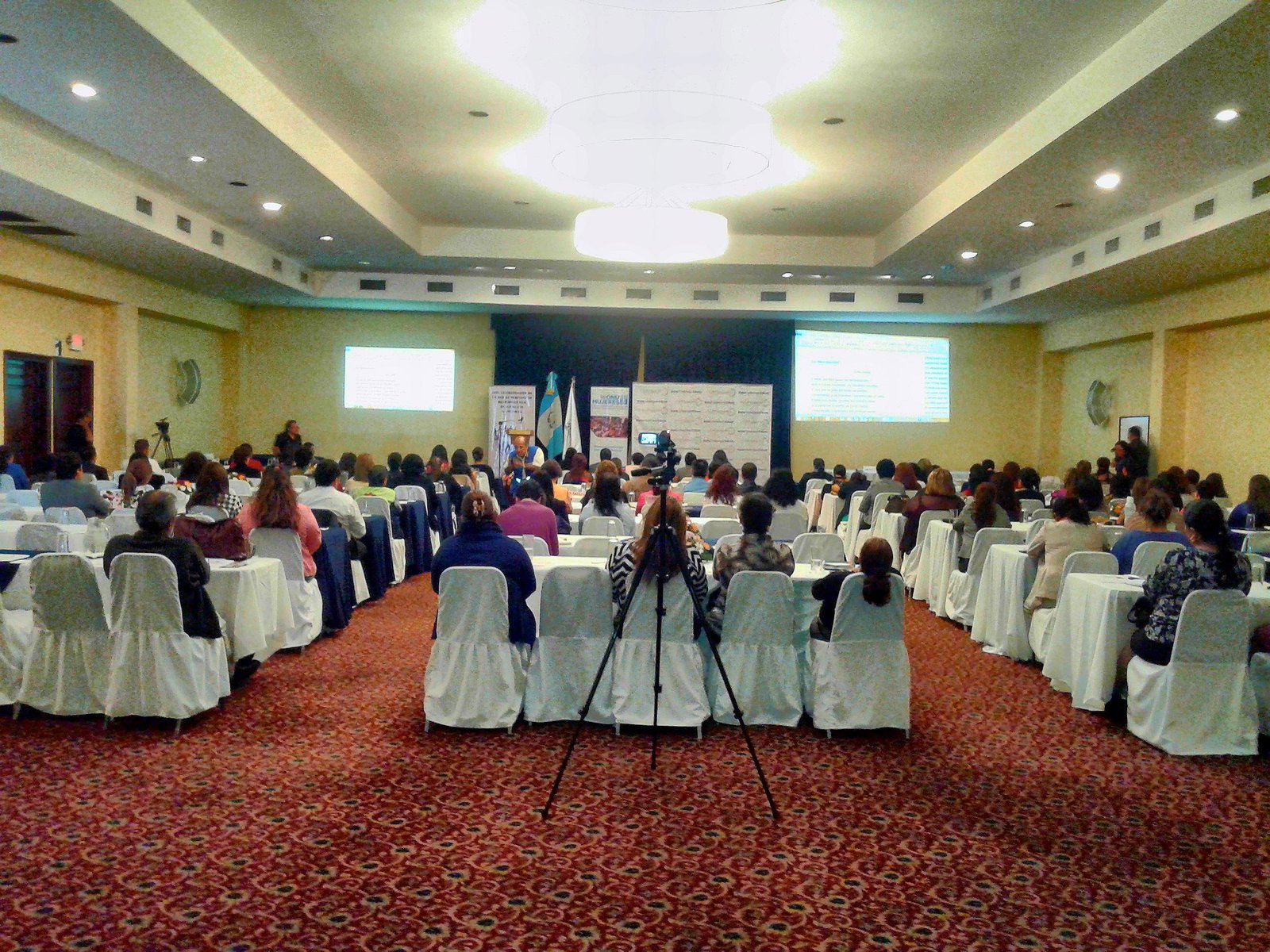October 2015 / MTM
On October 08 “Progress and Realities related to Sexual Violence and Redress of grievances” took place, it was carried out together with justice operators, physicians, social workers, psychologists and human right defenders, the goal was to provide opportunities for public discussion about the situation lived by these girls, young ladies and women in the country and to sensitize those who have contact with the victims in the complaint process, due process and redress of grievances.
This day was attended by 150 participants who knew statistical numbers, backgrounds and testimonies from victims of sexual violence. These talks were given by a group of professionals with experience and expertise in gender violence, more specifically sexual violence. The participants had the opportunity to share their opinions and knowledge built on own experiences and truths dealing with the victims, they also talked about the significant consequences in the health status of women who are victims of sexual violence, who in some cases suffer formed pregnant and unwanted pregnancy.
They also discussed about the constraints victims face in accessing to a prompt and integral attention based on the protocol of attention to sexual violence victims, due to the lack of state, human and culture resources. Great effort went into discussing about how redress of grievances for sexual violence victims should be provided by the state through an integral reconstruction of life projects in sexual violence survivors.
A lot still needs to be discussed in this matter and to launch into this issue the coordinating body of La Red de Derivacion Metropolitana and Mujeres Transformando el Mundo issued a press release about this disquieting situation.
Press Release
Red de Derivación Metropolitana de Atención a la Víctima, unites around 60 organizations, these include governmental, not governmental, international and individual persons, in order to meet the needs of sexual violence survivors, by working together to ensure victims receive quality comprehensive care, delivered with warmth and an effective redress of grievances.
Mujeres Transformando el Mundo is an organization that drives the implementation of a strategic litigation to reduce any kind of violence and discrimination against women’s life and security.
Today the coordinator body of “Red de Derivación Metropolitana” within the framework of the fulfilment of the 2015 operating plan and in coordination with Mujeres Transformando el Mundo carry out a process of understanding and reflexion about progresses and realities related to violence against women, specifically sexual violence against girls, young ladies and women, prioritizing redress of grievances and facilitating methodological tools for the study of this issue.
Indifference towards sexual violence survivors turns out to be alarming, particularly in children, adolescents, women with disabilities and older persons. But there is another, perhaps more alarming factor: unwanted pregnancies as an outcome of sexual violence. According to the most recent information provided by The Observatory in Sexual and Reproductive Health (OSAR in Spanish), they register from September 2015 a total of 4,792 pregnant children under the age of 14, breaks down as follows:
14 pregnant girls under the age of 10,
67 pregnant girls under the age of 11,
239 pregnant girls under the age of 12,
996 pregnant girls under the age of 13,
3,656 pregnant girls under the age of 14.
In view of this dramatic situation, Guatemalan State must promote and protect the recognition and respect for dignity and human rights, such as security and justice, prioritizing prevention measures, attention and elimination of violence against women, so in that way they can continue with their life project.
We hope this working day will contribute to strengthen the capabilities of institutions that are part of “Red de Derivación Metropolitana”, to deliver comprehensive care, implementing tools that allow them to formulate gender-based analyses in their interventions and to establish strategies for redress of grievances for the victims.
A life free from violence is a basic human right
Guatemala, October 8, 2015
